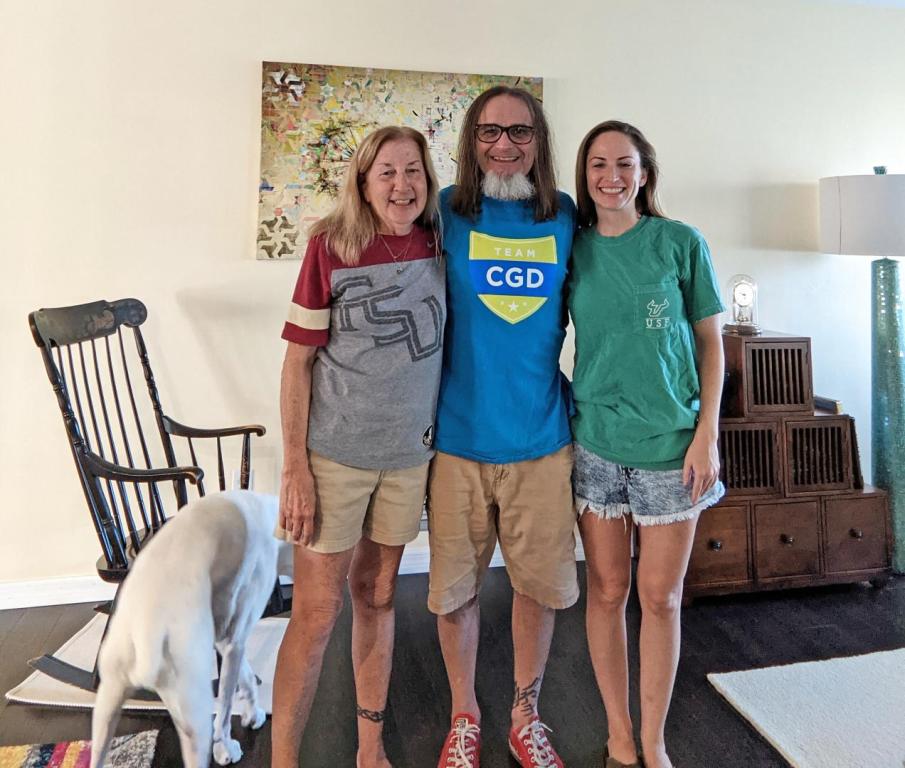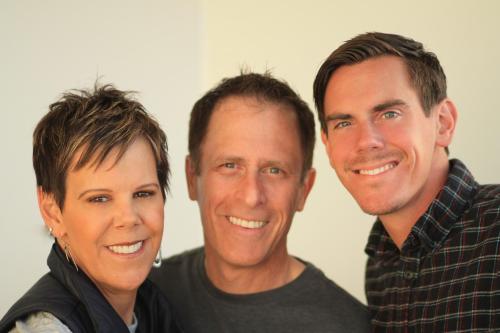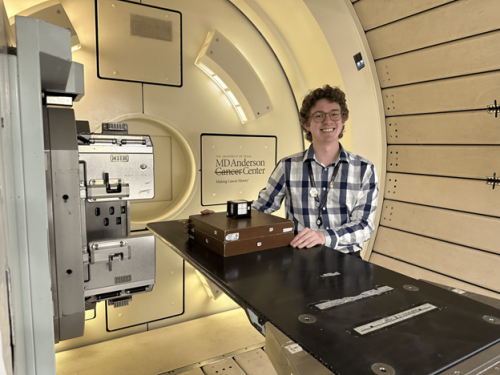
-
Understanding primary immunodeficiency (PI)

Understanding PI
The more you understand about primary immunodeficiency (PI), the better you can live with the disease or support others in your life with PI. Learn more about PI, including the various diagnoses and treatment options.
-
Living with PI
-
Addressing mental health
-
Explaining your diagnosis
- General care
- Get support
- For parents and guardians
-
Managing workplace issues
- Navigating insurance
-
Traveling safely

Living with PI
Living with primary immunodeficiency (PI) can be challenging, but you’re not alone—many people with PI lead full and active lives. With the right support and resources, you can, too.
-
Addressing mental health
-
Get involved

Get involved
Be a hero for those with PI. Change lives by promoting primary immunodeficiency (PI) awareness and taking action in your community through advocacy, donating, volunteering, or fundraising.
-
Advancing research and clinical care
-
Research Grant Program
-
Consulting immunologist
-
Diagnosing PI
-
Getting prior authorization
-
Clinician education
-
Survey research
-
Participating in clinical trials

Advancing research and clinical care
Whether you’re a clinician, researcher, or an individual with primary immunodeficiency (PI), IDF has resources to help you advance the field. Get details on surveys, grants, and clinical trials.
-
Research Grant Program
Shane Brisson endured immense pain as a child with chronic granulomatous disease (CGD), and it took an emotional toll on him as an adult.
During his elementary school years, Shane underwent surgery to remove infected glands. At age 12, he received a lung biopsy (which left a smiley face scar on his chest) after a bout with pneumonia. Doctors misdiagnosed him with limited Wegener granulomatosis and treated him with chemotherapy and prednisone for two years.

At 15, he caught an infection from a puddle he stepped in while playing football with friends. The infection spread from his toes into his legs. In addition to using heavy antibiotics, doctors placed a catheter under his thigh muscle to flush out the area, and they cut away infected flesh from his legs.
“They had hydrotherapy, then we would debride the infection sites, then they gave me pain meds, and then I passed out,” said Shane of the daily treatments.
Shane spent five weeks in the hospital for leg infections and, after his release, developed intense migraines, which also required hospitalization.
Finally, at age 25, after another case of pneumonia and a second lung biopsy, doctors diagnosed Shane – this time, correctly – with CGD. Even after getting on a regimen of medicine that helped prevent infection, Shane still felt pain.
“I thought I was in pain all the time and I had doctors who kept giving me opioids, until finally, another doctor said, ‘You’re not in pain – you’re depressed. People with chronic illnesses have depression,’ and he put me on the right path to feeling better,” said Shane.
“After talking it through for a long time with people, it seems to be the trauma related to the surgeries when I was a kid.”
Shane now takes antidepressants and receives bi-weekly acupuncture. He stopped taking Actimmune but does take antifungals.
At 52, Shane is the creative director for a publishing company and shares a busy life with partner Joan, who is a print broker and graphic designer, and stepdaughter Kate, a trauma floor manager at the local hospital. Shane and Joan enjoy watching old black and white movies, taking their boxer Eunice for walks, and growing hibiscus in the yard of their Florida home.
“I like having my hands in the soil – but I am super careful about it. I wear gloves and a mask,” said Shane of his gardening hobby.
Shane’s first introduction to IDF was when he attended the 2017 National Conference in Anaheim, California. In addition to taking advantage of resources at the conference, Shane also joined Get Connected Groups.
Shane encourages families in the PI community to make mental health a priority, and address issues as soon as they arise.
“I just really think it’s important, not just for patients but also for parents to know that this has some effects on your mental psyche,” said Shane.
“If you’re having problems, you’ve got to know there are people you can turn to and discuss how you’re feeling. I know it has helped me to share with other CGD patients and parents my experiences and learn from theirs.”
Related resources
Sign up for updates from IDF
Receive news and helpful resources to your cell phone or inbox. You can change or cancel your subscription at any time.





The Immune Deficiency Foundation improves the diagnosis, treatment, and quality of life for every person affected by primary immunodeficiency.
We foster a community that is connected, engaged, and empowered through advocacy, education, and research.
Combined Charity Campaign | CFC# 66309




